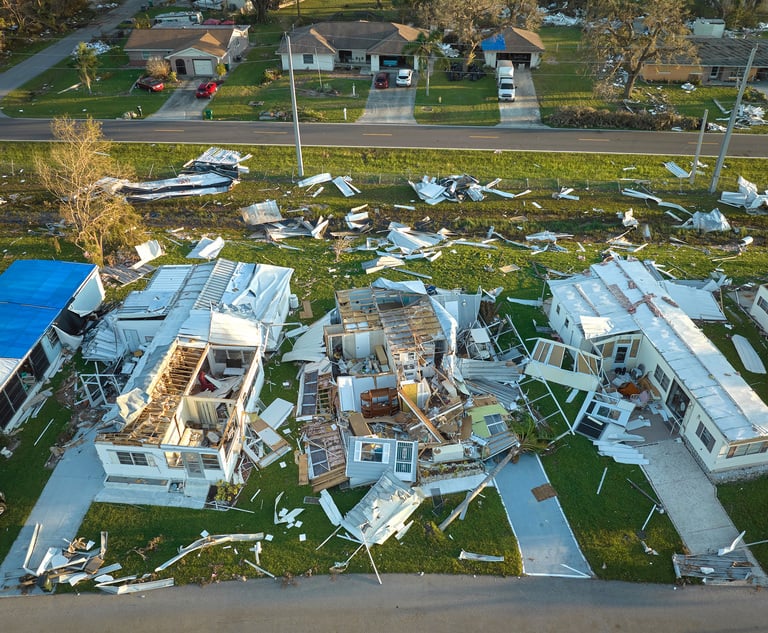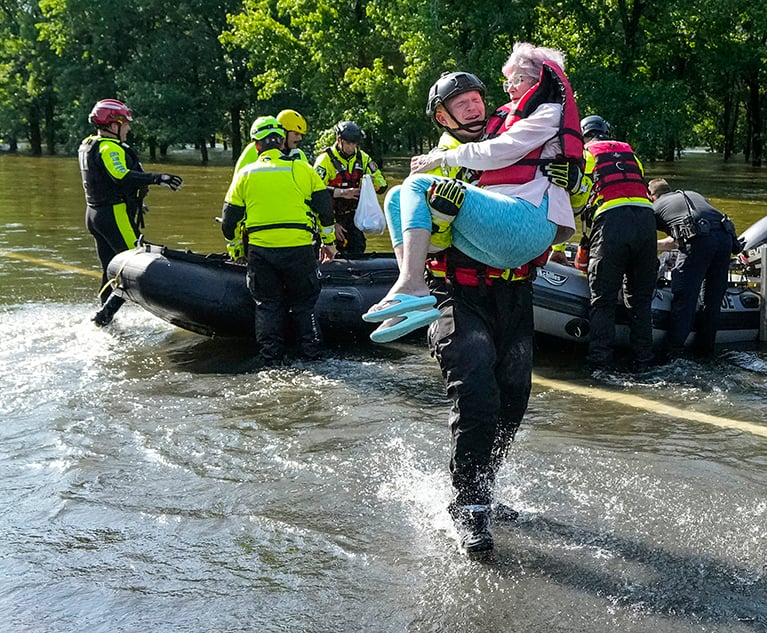June is the start of what is predicted to be a very busyhurricane season, which means carriers and independent staffingfirms soon will need thousands of catastrophe adjusters. Claimsspoke with Deborah Ward about resume strategies to employ for thoselooking to join the ranks.
|When reviewing resumes, what do you lookfor?
|Normal resumes don't fit the bill for catastrophe-adjusterselections because the carriers and vendors are very specific toselect an independent based on what software the company uses andhow many years experience and certifications they prefer theirindependents to have. Many carriers, such as State Farm where Iworked 28 years, require catastrophe certification tests on wind,hail, and estimatics. A good resume will take this intoaccount.
|What are some resume trends in theindustry?
|Some things I've noticed lately are team resumes that combinethe experience levels of all of the adjusters on the catastropheteam, although they want files assigned individually. I have yet tohave a carrier, independent firm, or preferred contractor acceptthese resumes. The heavy storm seasons of the past two years havenot changed the rules on what employers are looking for.
|What tips would you offer to aspiring adjusters whensubmitting their resumes?
|Always be sure to include correct contact information and youre-mail/mailing address. I also get many rejections because thee-mail address is no longer valid. Think about your e-mail address,too. While it might be humorous to you, how professional will itlook to a carrier or an insured if you give [email protected]?
||You also should be aware that if you fill out an online form,the data typically is transferred into a database so that a firmlooking for experienced applicants can quickly assess individualskills. Comments in blocks that say, “see resume” defeat thispurpose. Also, if you write a recruiter with a general question,attach your resume. It is hard to respond to questions when thereare no details about the writer.
|In the body of your resume, be sure to include details of yourclaim history, training, number and type of files worked,carrier-specific certifications, estimatic software you haveexperience working with, and the names of the independent firms andcarriers you have worked for. Special skills such as beingbilingual or having steep-climbing experience may get you selectedover other applicants. Also, always include your references. No onehas the time to call you back and get that information, especiallyif there are plenty of applicants who supplied them upfront.
|A lot of resumes also include a list of equipment. I have yet tobe asked by anyone looking for staffing what equipment or travelmethod you will be using. Give them the information above that theyreally need and leave out the unnecessary details.
|Last but not least, run spell check before sending anythingout!
Want to continue reading?
Become a Free PropertyCasualty360 Digital Reader
Your access to unlimited PropertyCasualty360 content isn’t changing.
Once you are an ALM digital member, you’ll receive:
- All PropertyCasualty360.com news coverage, best practices, and in-depth analysis.
- Educational webcasts, resources from industry leaders, and informative newsletters.
- Other award-winning websites including BenefitsPRO.com and ThinkAdvisor.com.
Already have an account? Sign In
© 2024 ALM Global, LLC, All Rights Reserved. Request academic re-use from www.copyright.com. All other uses, submit a request to [email protected]. For more information visit Asset & Logo Licensing.








